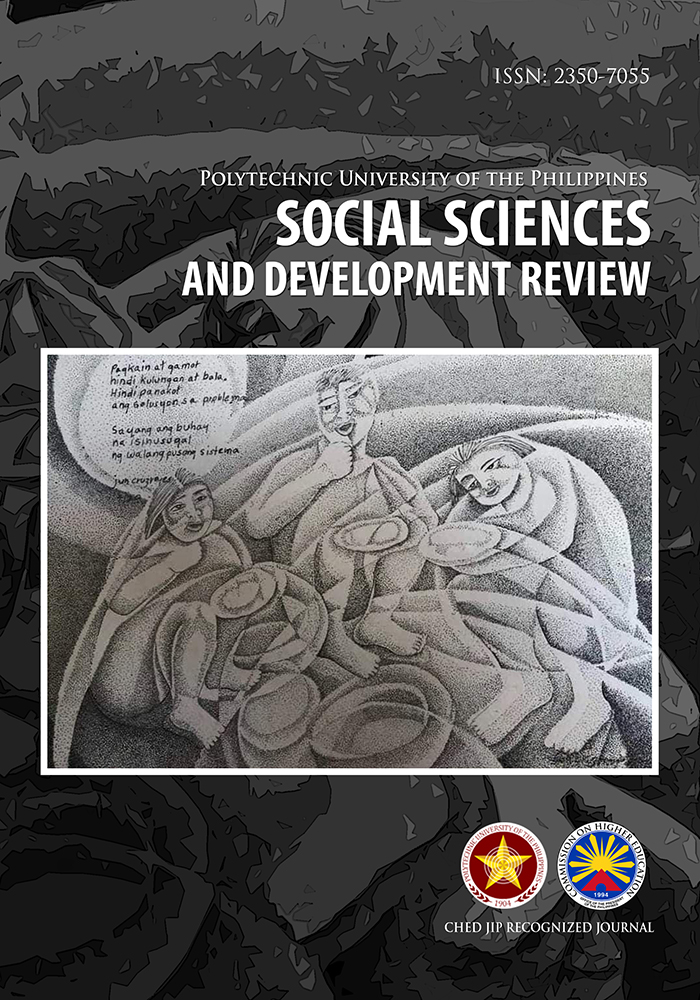Self-Similarities in Gender Inequality and Human Freedom
DOI:
https://doi.org/10.70922/sewyw556Keywords:
Fractal analysis, fractal dimensions, gender inequality, human freedomAbstract
This study utilized the data of countries worldwide to explore on their fractal distribution vis a vis gender inequality and freedom. It determined whether gender inequality can be enhanced via exercise of unrestrained human freedom. The gender inequality index used in this study measures gaps in reproductive health, empowerment and the labor market while human freedom is measured on the basis of civil liberties and political rights.
Results of the fractal dimension estimates of the variables which are 1.92661 and 1.29979 respectively denote that human freedom accounts for the 61% of the gender inequality among countries included in the study. This finding suggests that the exercise of some sort of freedom can in itself create some sort of gender inequality. Overall, the results provide further evidence that the characteristics of gender inequality phenomenon is true to all countries including those countries who are completely free and who have relatively competitive and advanced economies.
Downloads
References
Downloads
Published
Issue
Section
License
Copyright (c) 2019 Ann Sheila C. Del Rosario (Author)

This work is licensed under a Creative Commons Attribution-NonCommercial 4.0 International License.
Articles published in the SOCIAL SCIENCES AND DEVELOPMENT REVIEW will be Open-Access articles distributed under the terms and conditions of the Creative Commons Attribution-Noncommercial 4.0 International (CC BY-NC 4.0). This allows for immediate free access to the work and permits any user to read, download, copy, distribute, print, search, or link to the full texts of articles, crawl them for indexing, pass them as data to software, or use them for any other lawful purpose.


